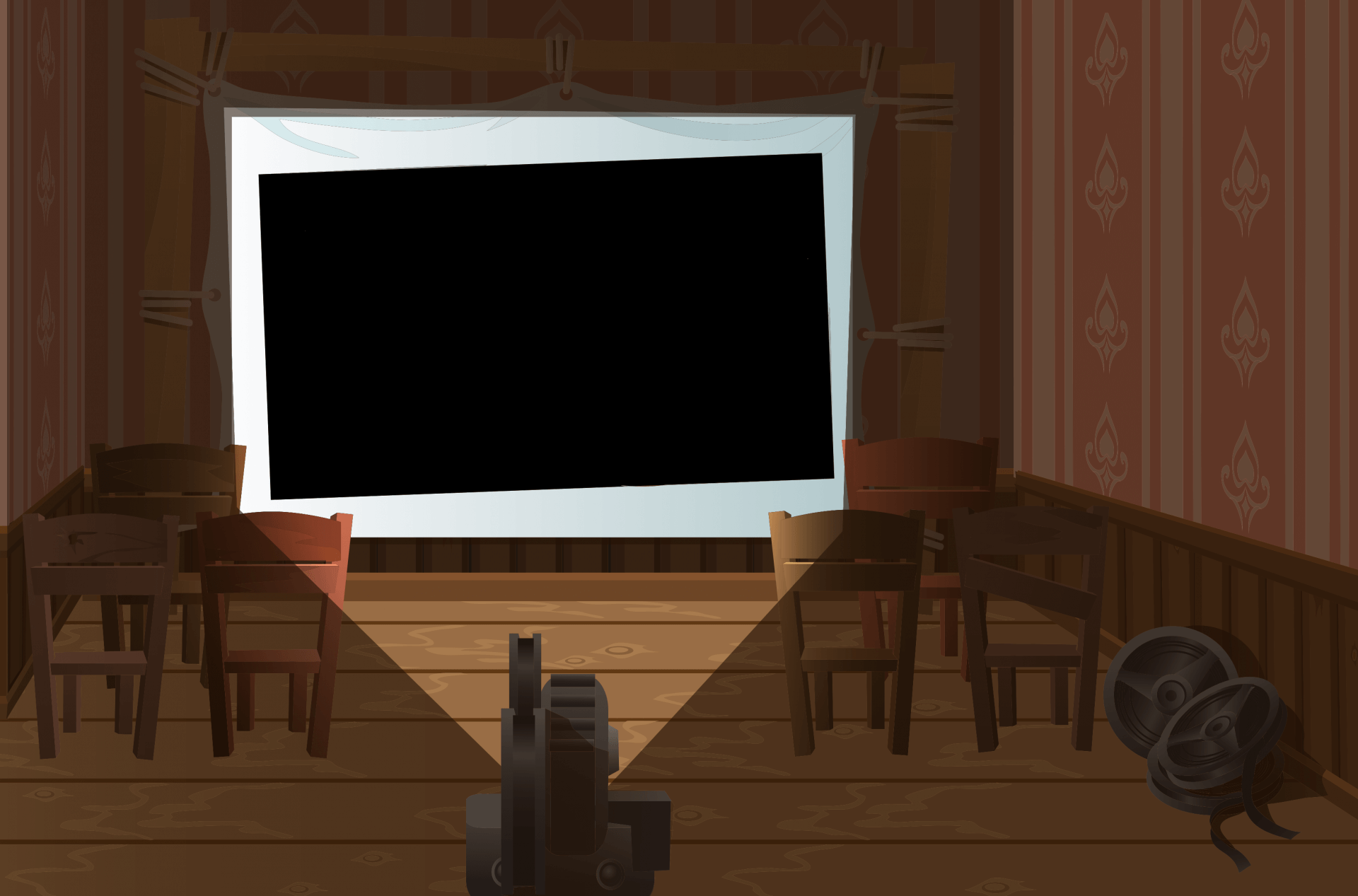Richard Aycock’s company, Widget Avenue, was growing and he decided it was time to redo his website. He had heard people talking about SEO, keywords, quality content, site maps and crawlability; he just didn’t know what all that stuff meant.
What he did know was benchmarking. All the clichés, “work smart, not hard,” “don’t reinvent the wheel,” “the right tool makes the job easy,” became cliché because they were so true. Richard figured the best thing he could do would be to search the Internet for other businesses doing the same type of work as his company.
When I search Google for things my business does, this other company keeps showing up in the search results, Richard thought. I’ll just copy the stuff from their website and put it on my website. After all, benchmarking is about seeing what the competition is doing well and figuring out how to do that particular something as well — or better — as your best competitor. Right?

Who Owns the Words?
All too often, people don’t think about the consequences of their actions. Add to this the immeasurable amount of information on the Internet, and we find ourselves living in a society that believes if something is online, it belongs to the world. We all freely use the words in the English language (although some treat it better than others). When it comes to ownership, however, it’s the arrangement of those words to convey a thought or concept that turns them into intellectual property. Some corporations and individuals try to lay claim to certain phrases like “let’s get ready to rumble,” “you’re fired,” or “I am,” but phrases like these are so commonplace it’s hard to make a strong case without a lot of money to back up the claim.
Musicians may find themselves in lawsuits over their songs sounding like other musician’s songs or using similar lyrics. Sometimes it’s called “sampling” and the artist can get away with it. But in most cases, it’s plagiarism. A high school student writing a term paper, copying phrases from a book word-for-word without giving credit to the original author will receive a failing grade from his teacher. A journalist stealing content from another journalist without giving credit or receiving approval will be fired — and they’ll likely have a hard time finding another writing job.
Avoid Plagiarism, Be an Original, Reap the Benefits
So, what of Mr. Aycock? What Richard didn’t consider was that he would forever be branded a dirty, no-good plagiarist. To top it off, that web content he stole now has less value and won’t get the results he wanted. The best content is relevant AND original. If it’s only one or the other, it may as well be neither. Richard acted without thinking, and now he’s wasted time and effort on a fruitless exercise.
Don’t be a Richard. Do your research. Write your own content. Or if you prefer, hire a professional to write it for you.
If you liked the story of Richard Aycock and have something to add, or if you just want to get in touch with Clever Ogre, hook up with us on Facebook or Twitter.
